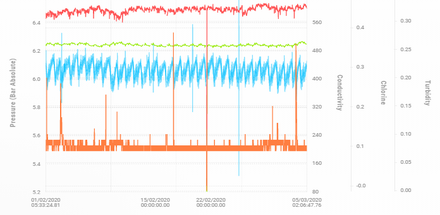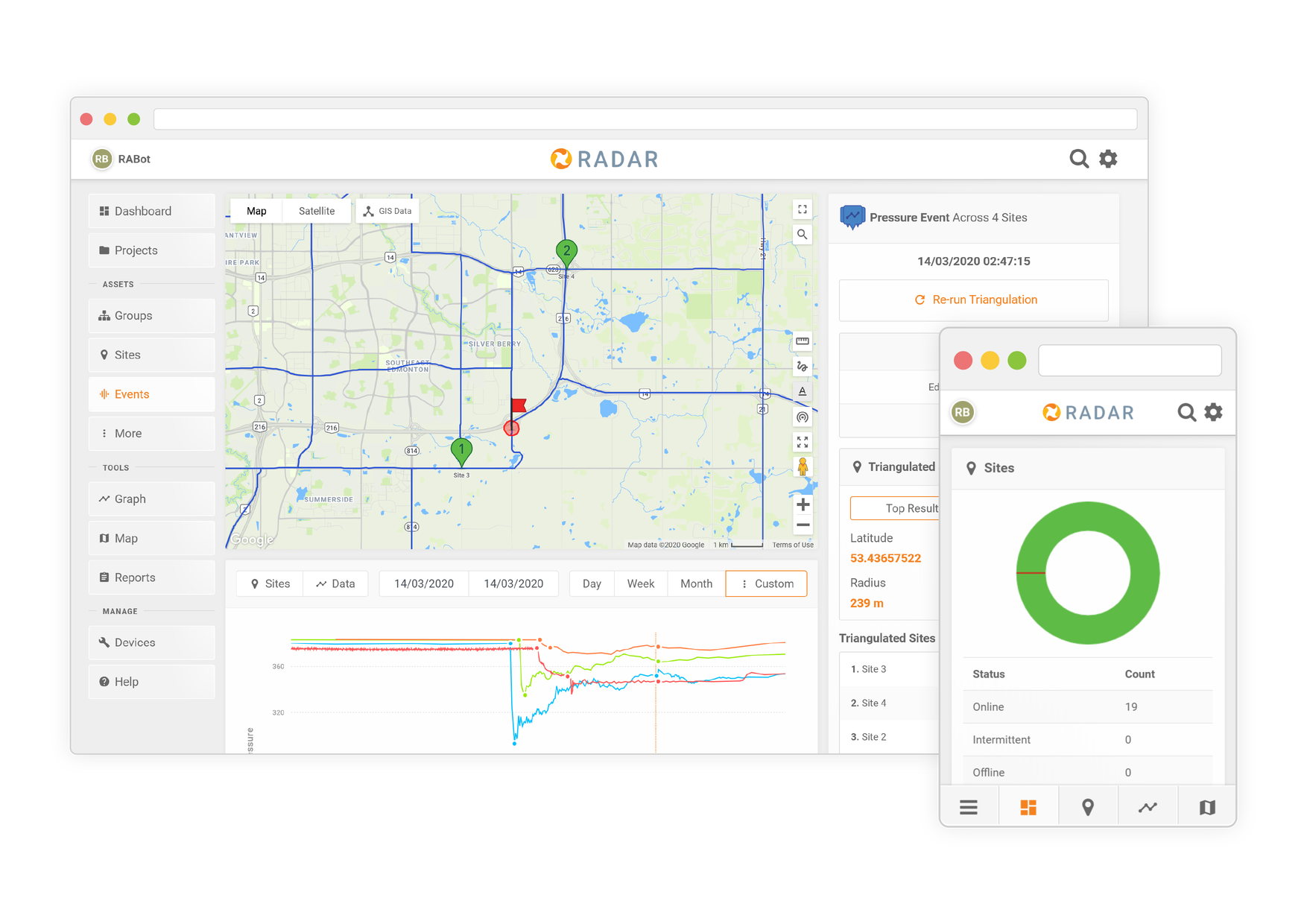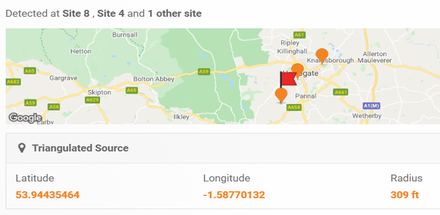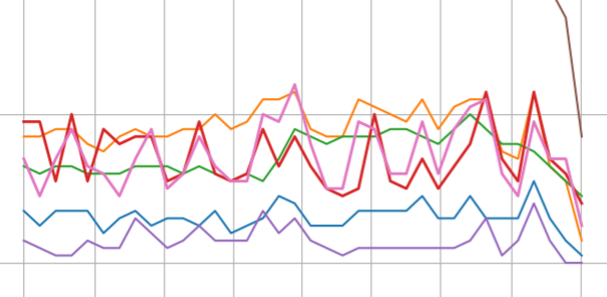
Water quality import
Integrating water quality import data and pressure data can prevent network problems
Upgraded, cloud-based intuitive RADAR interface delivers easy, customised intelligence and alerts

“This new version of RADAR is a great evolution of the existing functionality provided by Syrinix.
Some of the new features that have proved to be particularly useful are the ability to save elevation data and plot total head pressures, zone alarms to manage alerts, and dial-up regimes to maximize battery life whilst reducing false-positive insight alerts.
Navigation remains intuitive and the user experience of the app is the best I’ve seen. RADAR will enable our analysts to work more efficiently, improve insight generation, and reduce operational maintenance requirements of our fleet of devices.”
RADAR analyses data collected from installed PIPEMINDER monitoring devices and displays and notifies utilities in a format that is user customisable and easy to digest.
The new RADAR platform has been developed to deliver network intelligence with a streamlined modern interface that is simpler, faster and more intuitive.
Featuring zone alarms that notify a high or low-pressure breach, elevation options for plotting total head pressures, automated triangulation of major events and pattern recognition so users can easily focus on key events, the new platform provides even deeper network insights to save time, increase operational efficiency and build resilience by reducing disruptive pipeline leaks and bursts.
Listening to clients like Anglian Water led Syrinix to develop ground-breaking improvements to the platform, originally launched in 2014, that continue to enhance the RADAR user experience.
The new multi-zone alarms alert the utility when a minimum network pressure level is breached, automatically switching to more frequent data updates so customers can address network issues in real-time.
While previous versions of RADAR identified that a transient had occurred, the new triangulation feature now automatically pinpoints the location of major transients so network events, like bursts, can be found more quickly.
The innovative pattern recognition feature compares and classifies transient waveforms against a standard set of reference transients specific to that network.
By classifying similar shapes into actions, like a pump stop or pump start, RADAR determines which events are typical and those that are unusual or abnormal and need urgent attention.
This advanced level of intelligence empowers users to focus on the uncommon network events, saving time and money.
Comprehensive remote monitoring that is easily accessible, even from home, prioritises worker safety and data visibility that is more aligned than ever with today’s changing utility workforce and working environment. It’s pipeline monitoring for a new world.”

Integrating water quality import data and pressure data can prevent network problems

With RADAR’s triangulation feature, identifying the source of a transient is now automated.

KPI modelling lets utilities identify and then confirm the effectiveness of operational changes
Leave your details and we will be in touch.